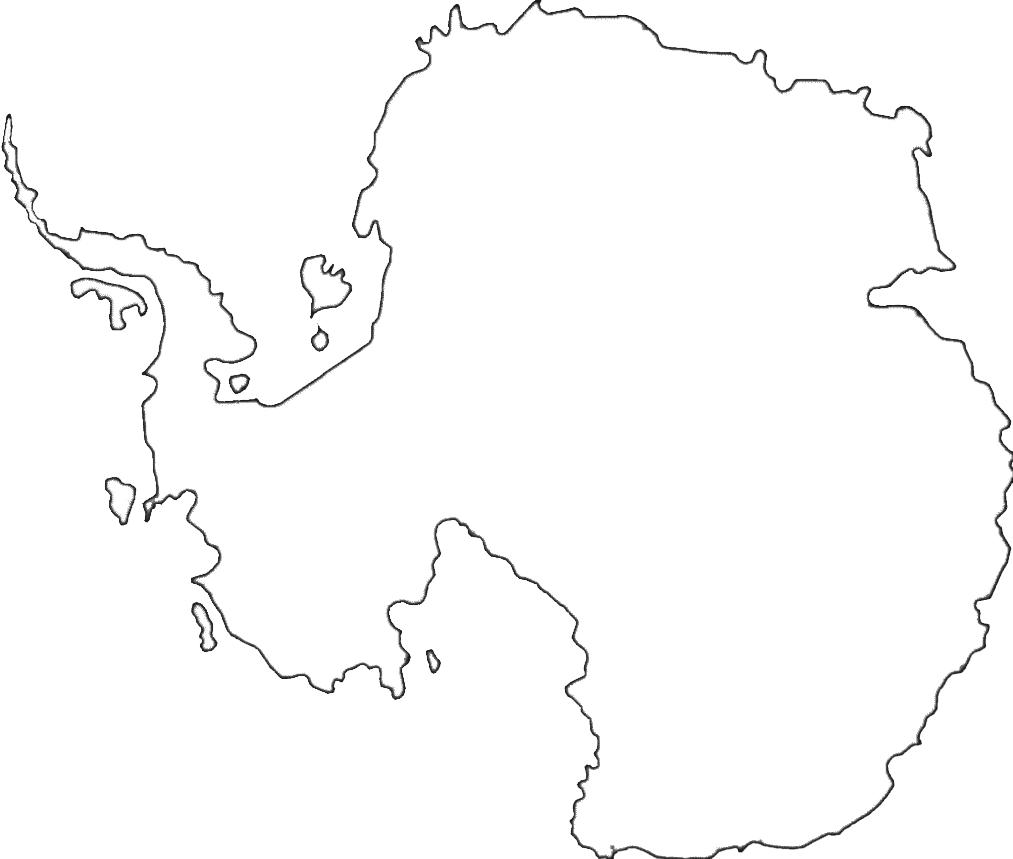
Spain
España

Spain |

Espagne |

España |

Spagna |

スペイン |
Parliamentary monarchy
Bicameral General Courts or Las Cortes Generales consists of the Senate or Senado (257 seats as of 2013; 208 members directly elected in multi-seat constituencies by simple majority vote and 49 appointed by the regional legislatures; members serve 4-year terms) and the Congress of Deputies or Congreso de los Diputados (350 seats; 348 members directly elected in 50 multi-seat constituencies by proportional representation vote and 2 directly elected from the North African Ceuta and Melilla enclaves by simple majority vote; members serve 4-year terms)
Three horizontal bands of red (top), yellow (double width), and red with the national coat of arms on the hoist side of the yellow band; the coat of arms is quartered to display the emblems of the traditional kingdoms of Spain (clockwise from upper left, Castile, Leon, Navarre, and Aragon) while Granada is represented by the stylized pomegranate at the bottom of the shield; the arms are framed by two columns representing the Pillars of Hercules, which are the two promontories (Gibraltar and Ceuta) on either side of the eastern end of the Strait of Gibraltar; the red scroll across the two columns bears the imperial motto of "Plus Ultra" (further beyond) referring to Spanish lands beyond Europe; the triband arrangement with the center stripe twice the width of the outer dates to the 18th century

|
"Himno Nacional Espanol"
(National Anthem of Spain) |
Pillars of Hercules
National colors: red, yellow |
King FELIPE VI (since 19 June 2014)
Heir Apparent Princess LEONOR daughter of the monarch, born 31 October 2005
|
-
1492
the Iberian peninsula was characterized by a variety of independent kingdoms prior to the Muslim occupation that began in the early 8th century A.D. and lasted nearly seven centuries
the small Christian redoubts of the north began the reconquest almost immediately, culminating in the seizure of Granada in 1492
this event completed the unification of several kingdoms and is traditionally considered the forging of present-day Spain
-
National Day, 12 October (1492); year when Columbus first set foot in the Americas
|
ADB (nonregional member), AfDB (nonregional member), Arctic Council (observer), Australia Group, BCIE, BIS, CAN (observer), CBSS (observer), CD, CE, CERN, EAPC, EBRD, ECB, EIB, EITI (implementing country), EMU, ESA, EU, FAO, FATF, IADB, IAEA, IBRD, ICAO, ICC (national committees), ICCt, ICRM, IDA, IEA, IFAD, IFC, IFRCS, IHO, ILO, IMF, IMO, IMSO, Interpol, IOC, IOM, IPU, ISO, ITSO, ITU, ITUC (NGOs), LAIA (observer), MIGA, NATO, NEA, NSG, OAS (observer), OECD, OPCW, OSCE, Pacific Alliance (observer), Paris Club, PCA, PIF (partner), Schengen Convention, SELEC (observer), SICA (observer), UN, UN Security Council (temporary), UNCTAD, UNESCO, UNHCR, UNIDO, UNIFIL, Union Latina, UNOCI, UNRWA, UNWTO, UPU, WCO, WHO, WIPO, WMO, WTO, ZC |
Madrid
40 24 N, 3 41 W
UTC+1
MADRID 6.199 million
Barcelona 5.258 million
Valencia 810,000
|
|
17 autonomous communities (comunidades autonomas, singular - comunidad autonoma) and 2 autonomous cities* (ciudades autonomas, singular - ciudad autonoma)
Andalucia |




























































